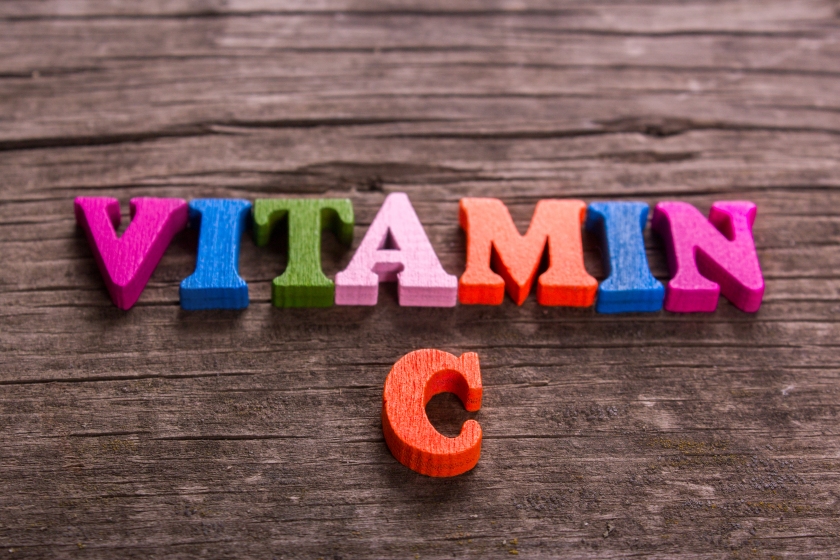

Today, I thought I would take a look at vitamin C on this WOE. Humans, unlike many other animals, are unable to produce their own vitamin C. We instead rely on outside sources to provide our daily needs. When we don’t get enough vitamin C, we can fall prey to medical issues such as scurvy, delayed wound healing, and a weakened immune system.
I’ve seen many detractors say carnivores are vitamin C deficient and they will get scurvy. They try to use arguments such as “sailors got scurvy from high meat/fish diets!” If you ever get a chance to talk with commercial fishermen, you’ll find that fish are not usually abundant at the surface. The fish near the surface are normally found in shallow water, not in the open ocean. Let’s take a closer look at what sailors ate hundreds of years ago.
We all know how easy it is for fresh food to spoil with out proper care and refrigeration. Imagine how difficult this was on ships! On a typical trip, sailors would bring the following:
- Fresh fruits and vegetables – Spoiled easily and were usually eaten early in the trip.
- Preserved meat – Dried, salted, or smoked. When meat is preserved this way, it reduces the amount of vitamins and minerals. High salt content can lead to dehydration.
- Hardtack – A type of biscuit or cracker. This is made from flour and water. Sailors ate this most often because it didn’t easily spoil.
- Alcohol – Fresh water was an issue because it wasn’t readily available and it ran the risk of cholera and dysentery. To combat these illnesses, they often drank beer or rum.
It is important to note, sailors had the above items rationed to them to ensure they had enough for the entire trip. A diet high in carbs (hardtack), low in protein and and fat quickly led to malnutrition and a whole host of other health related issues.
So how cans carnivore get vitamin C? On a low carb diet, research suggests that you don’t need as much vitamin C. You may be surprised to find that meat actually does contain vitamin C. It is found in organ meats, such as liver, muscle meats, and oysters.
Need some additional information? Lets go back to 1928 when two men, Dr. Vilhjalmur Stefansson and Karsten Anderson, did an experiment where they only ate meat for an entire year. Here is a PDF that goes into great detail on this experiment. In reading the PDF, you’ll note that the pair had the following results:
- No vitamin deficiencies of any kind
- Weight loss
- Both men stayed in good physical condition
- No sign of teeth deterioration
- Normal bowel elimination
- Normal blood pressure
- No mental issues
- Normal intestinal function
If you still are not convinced, you can add a vitamin C supplement to your routine and put that issue to rest in your mind.




